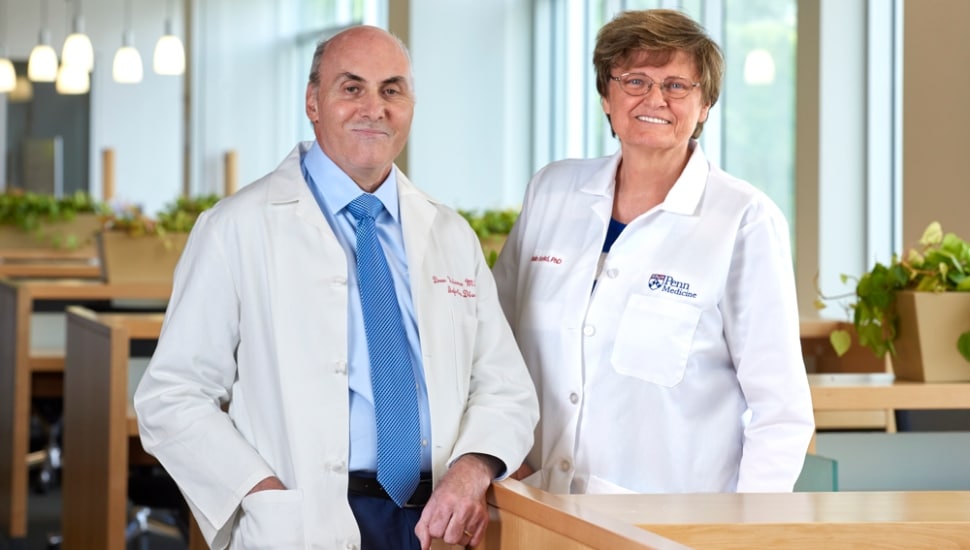Abington Scientist Whose Work Made COVID-19 Vaccines Possible Awarded Nobel Prize

Katalin Karikó, the Abington scientist whose work led to RNA vaccines that transformed the threat of the COVID-19 pandemic, was awarded the Nobel Prize in Medicine, writes Carolyn Y. Johnson for The Washington Post.
Hungarian-born Karikó saw the medical potential of mRNA early in her career and she pursued it with the kind of tenacity that got her exiled to the outskirts of science. Then she met Drew Weissman by chance at the University of Pennsylvania 25 years ago. The immunologist, who received the Nobel Prize with Kariko, saw the potential mRNA technology had to create a new kind of vaccine.
Despite early skepticism about their work, “it was an amazingly productive collaboration,” said Anthony S. Fauci, a professor at Georgetown University and the former director of the National Institute of Allergy and Infectious Diseases.
With their complementary knowledge, Karikó and Weissman found a way to chemically adjust mRNA. They helped turn basic biology into a beneficial medical technology.
Today, the power of mRNA is well known. It provided the basis for the COVID-19 vaccines that were made in record time and helped save the lives of millions of people.
Read more about Katalin Karikó in The Washington Post.
_______
Katalin Kariko shares her first thoughts on being awarded the Nobel Prize in Medicine yesterday.
Connect With Your Community
Subscribe for stories that matter!
"*" indicates required fields





























